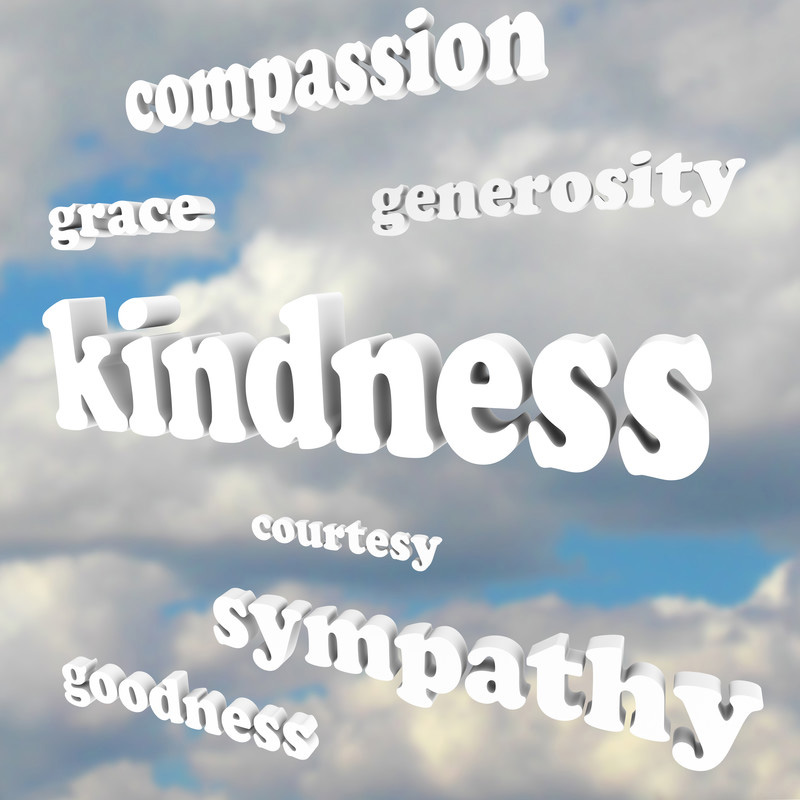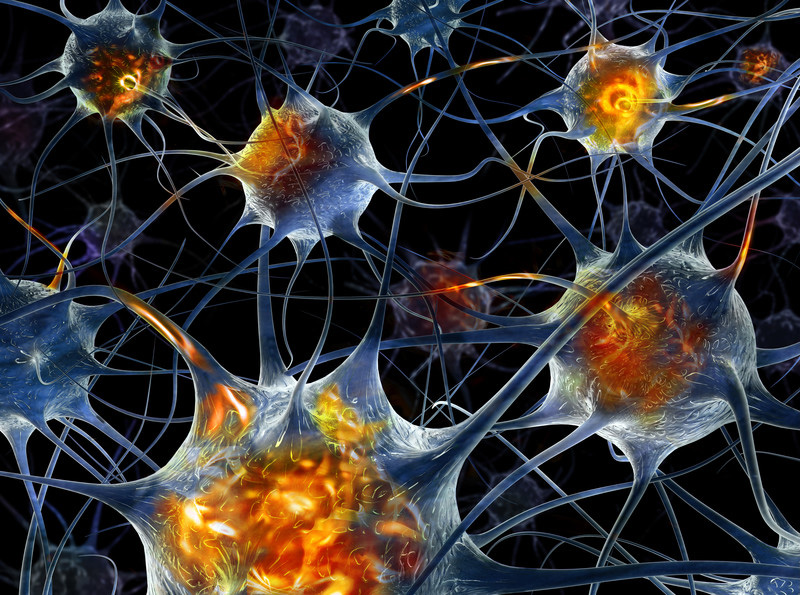
So here we are once again at the beginning of a new year with all the promise it holds for the upcoming year. Whether you write down goals with specific intentions, unconsciously think them through, or ignore them all together the truth is statistically 92% of us won’t win our battle.
When most of us set goals or intentions for the year they are often unrealistic and lack self-compassion. This lends itself to a fairly high probability of limited success. I am sure it comes as no surprise when you hear some one say “It’s the same every year. I want to loose weight, exercise more and sleep better. I just never seem to quite get there”. There is a reason it’s the same thing every year.
We have all made mistakes, tried and failed, done and said things that we weren’t proud of and at the end of the day usually don’t let ourselves off the hook easily. When we make a mistake or things don’t go the way we planned or in the time we allotted we often give ourselves negative messages such as I’ll never be able to do it, I don’t know why I bother, I have no will power, I’m such a looser and soon you just stop trying.
When we continually come up short in our endeavors we are usually left feeling defeated. Creating unrealistic goals such as working out 5 days a week, changing your diet and committing to sleeping at least 8 hours a night is an overwhelming amount of change. While the enthusiasm is to be admired, a total revamp of your life all at once is the perfect recipe for failure. Consider take incremental steps at whatever level of comfort seems right for you. Stretch yourself but with considerate mindfulness. It is equally important to acknowledge yourself for whatever steps you do take no matter how large or small.
Make friends with self-compassion as a companion in your desire to create something new in this year. Whether you want to loose weight, start a relationship, getting a new job, being a better parent or partner or whatever else you may want to change recognize that inherent in that will be opportunity for growth and inevitably some amount of discomfort and struggle. However, it doesn’t need to be a battle.
Supporting ourselves by reminding and equally acknowledging what we did well instead of tearing ourselves down with what we didn’t do is what self -compassion looks like. In all likelihood most of us will not make changes perfectly but that doesn’t mean we stop doing it. Assess what is working and give yourself a hand and carry on. For the things that aren’t going quite as planned have some patience and compassion for yourself and start again. You are much more likely to have success in whatever changes you are trying to make.
As you journey on the path to the newer year I ask you to consciously consider acknowledging as many things as you can that you are doing well. Consider grace and self-compassion as a gift to yourself.
With Gratitude,
Pat


